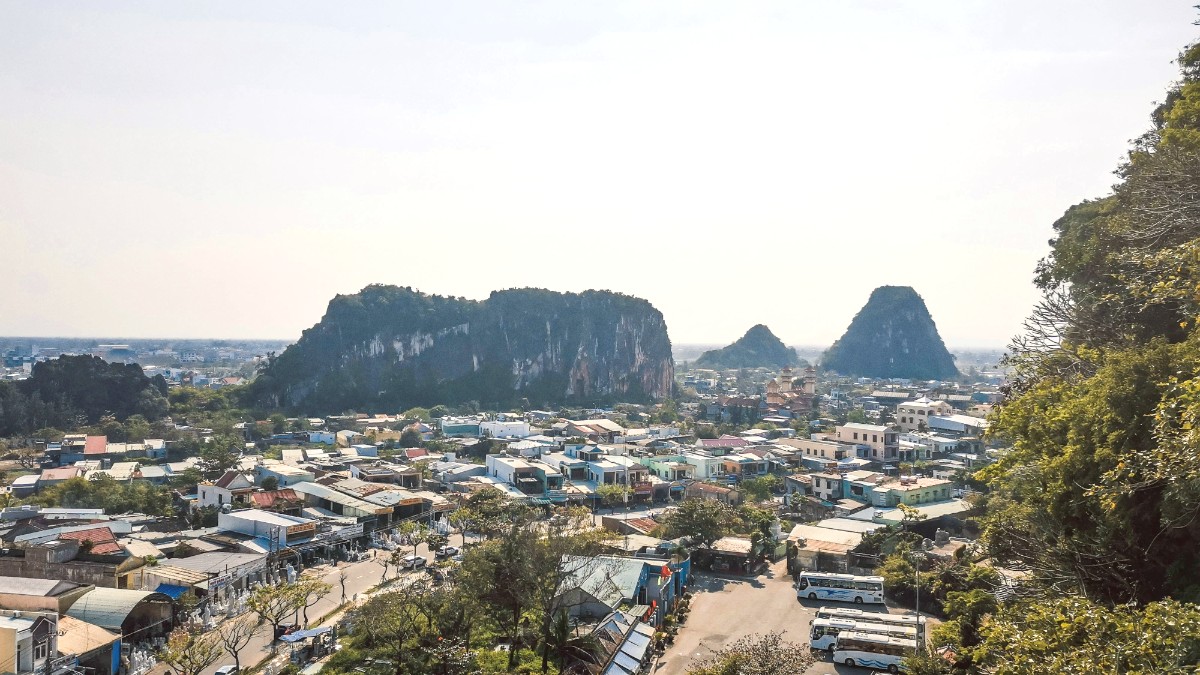
Central Vietnam, Vietnam
Son Tra Peninsula Nature Reserve shelters endangered species. Cham Islands (Cu Lao Cham), an UNESCO Biosphere Reserve, focuses on protecting coral reefs and marine life.
Waste management holds ongoing challenges. Littering occurs in some areas. Recycling infrastructure limits comparison with Western countries. Minimize plastic use.
Conscious water use holds encouragement. Take shorter showers and reuse towels at hotels. While not a major public issue for tourists, mindful consumption counts.
Show respect for local traditions and customs.
Support local crafts, traditional performances, and the maintenance of historical sites. Your patronage financially supports these preservation efforts.
Always ask for permission before taking close-up photos of people, especially children or those in rural areas. Their decision, if they decline, holds respect.
Do not give money directly to begging children; this practice may perpetuate begging and exploitation. Instead, support reputable local charities.
If you wish to donate, do so through established and transparent local NGOs or charities rather than through direct handouts.
Consider offsetting flight emissions through reputable carbon offset programs. Terrapass is one option.
Learn moreSeek hotels and tour companies advertising environmental policies. Ecobnb lists eco-conscious options.
Find eco staysMinimize plastic usage. Use a Reusable water bottle. Carbon offsetting for air travel helps lessen environmental impact. Support businesses with sustainability practices.
Ensure your travel contributes positively to the local economy.
Seek out tours or experiences that directly benefit local communities. This may include small-group tours led by local guides.
Look for products made by local artisans. A check for fair trade initiatives ensures vendors receive fair wages.
Prioritize eating at local restaurants, using local transport (Grab and taxis), and staying in locally owned guesthouses.
Choose tour operators with a commitment to responsible travel. Companies like G Adventures align with ethical tourism principles.
Support organizations dedicated to environmental preservation.
Supports conservation through its store. Visit their site.
Donating to established and transparent local NGOs or charities creates lasting positive outcomes.
Direct contributions help address root causes of issues, contrasting with direct handouts to individuals.
Giving money directly to begging children may perpetuate begging.